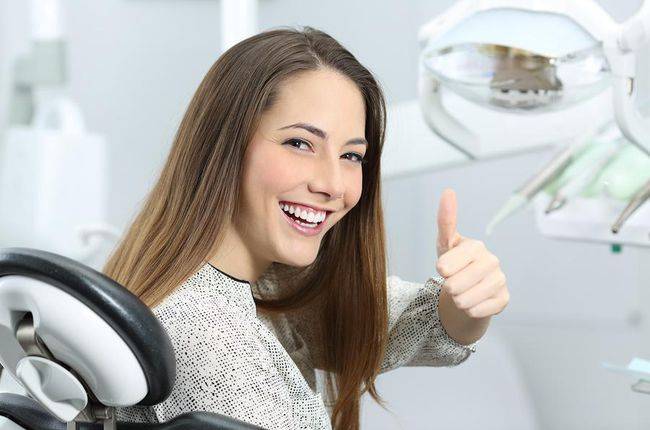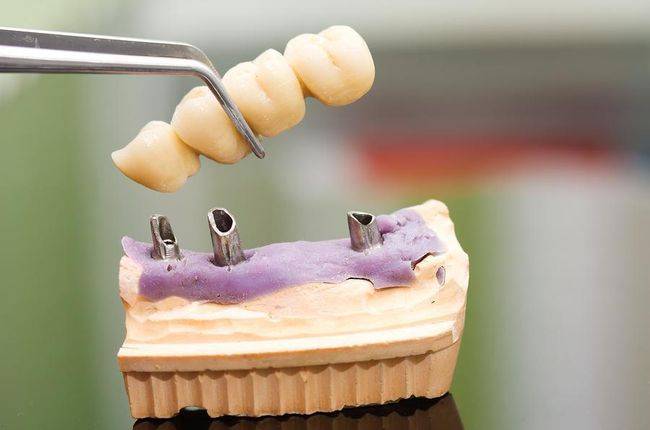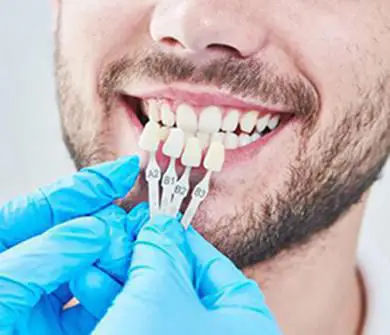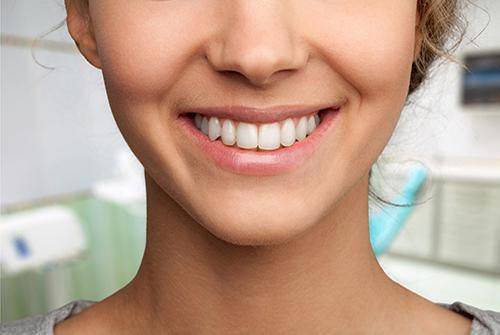Dental Cleanings
Why should you get a Dental Cleaning?
Professional dental cleanings twice a year are essential for good oral health. Timely cleanings help in preventing a myriad of issues. The benefits of professional dental cleanings are:
- Studies have confirmed that patients consistent with dental cleanings have healthier bone structure and gums.
- Routine dental cleanings help in early diagnosis of serious dental diseases. Poor oral hygiene can also lead to cardiovascular diseases.
- Poor oral hygiene also leads to various smile impairments, which can be a huge blow to your self-esteem. Dental cleanings help in restoring your lost confidence.
- Prevent cavities by the timely removal of plaque.
- Help prevent tooth loss by treating gum disease.
- Brighten your smile by removing coffee and tobacco stains.
What are the Different Types of Dental Cleanings?
During your first comprehensive examination, we evaluate the conditions of all the structures that help support your teeth, also known as periodontium: your gums,
bone, and ligaments that connect everything together. A thorough evaluation of your medical history will also contribute to diagnosing the proper type of cleaning we will recommend to maintain or improve your periodontal health.
Prophylaxis Cleaning
This type of cleaning is recommended for patients who have healthy gums, free of chronic inflammation and disease. Prophylaxis involves the removal of plaque and tartar found above the gum line, and is intended to prevent the onset of gum disease. Our hygienist uses tools to scale off the plaque and tartar from your teeth leaving them smooth and easy to clean at home. The prophylaxis cleaning is completed with floss, polish, and rinse.
Periodontitis Cleaning
Also known as “scaling and root planing (SRP), this deep cleaning is recommended for patients who have accumulated plaque and tartar below the gum line. Harmful bacteria thrive in plaque and tartar,
especially when hiding out in deep pockets below the gum line. Our hygienists use tools to detect pocketing around the gums and remove bacteria from around the roots of your teeth using ultrasonic instruments and scaling tools. A dental laser can also be used
to further eliminate diseased gum tissue and prevent the disease process from spreading.
Gross Debridement
If you have not had any kind of dental cleaning in years, we may recommend to have a pre-cleaning procedure performed prior to being properly diagnosed, also known as gross debridement. This involves mass
removal of chunks of tartar and plaque that are crowding the teeth and gums. This cleaning procedure provides the access and visibility needed to properly diagnose the condition of your gums.




